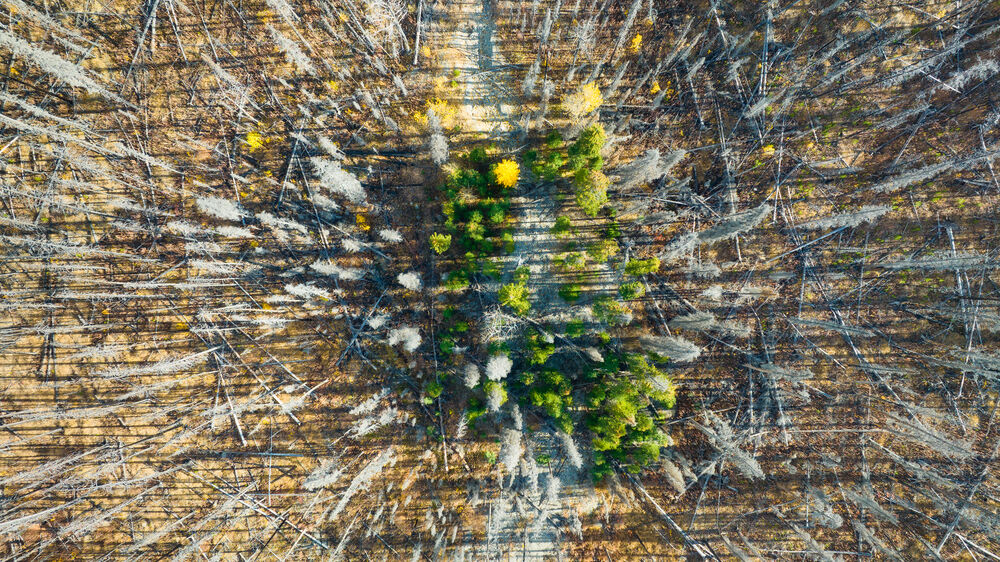The Lecture
Beaconing marginalized positions with respect to land and nature from my intertwined subjectivities as storyteller/poet and academic, this talk, based on my forthcoming book Scanning the Bush (Hutchinson Heinemann), focuses on the particular idea of cultivation. The word ‘cultivate’ circles around ideas of tilling, raising or growing, and caring for. As the art historian Nathaniel Stein notes, these meanings apply to developments one might nurture in society as well as those one might generate in the soil. To cultivate is to improve by care, to care something into existence. Highlighting the significance of the idea of cultivation to my book’s auto-ethnographic project, this talk will address the challenge of a just ecological transition by exploring how these ideas and praxes of ‘cultivation’ might foster an awareness of deep time in mainstream political consciousness, while expanding public discussions around land access for the practising of inter-species kinship and food independence.
About the Presenter
Jason Allen-Paisant is Senior Lecturer in Critical Theory and Creative Writing in the Department of English, American Studies, and Creative Writing. He is the author of Théâtre dialectique postcolonial (Classiques Garnier), and of Engagements with Aimé Césaire (Oxford University Press, 2023), which is a philosophical study of poetry from the perspective of African metaphysics. He is also the author of two volumes of poetry — Thinking with Trees (winner of the Poetry category of the 2022 OCM Bocas Prize for Caribbean Literature) and Self-Portrait as Othello (a 2023 Poetry Book Society Choice). His creative nonfiction book Scanning the Bush will be published by Hutchinson Heinemann in 2024. He has twice been guest editor of special issues of scholarly journals: Performing Black Futures and Face à l’histoire coloniale (the latter co-edited with Clare Finburgh Delijani), for parallax and Théâtre/Public respectively. His work has also resulted in numerous peer-reviewed articles in scholarly journals and in creative/critical writings for various magazines, including Granta.
Among other matters, Allen-Paisant’s work explores embodied experience in the context of Afro-diasporic politics and worldbuilding, often reflecting on the complex meanings of nature in Black life.
The Anthropocene lecture series
The Anthropocene is a widely used term that designates the most recent epoch in Earth's history: an epoch in which humans have radically altered (and disrupted) the climate and ecosystems of the planet.
The annual Welcome to the Anthropocene lecture series invites scholars and researchers across the humanities, social and natural sciences to explore how their disciplines are responding—both to the concept of the Anthropocene, and to the planetary crisis that it designates.
For the 2023 Anthropocene Lecture Series we've invited leading international scholars. Read more about the other lectures in the series here.
2023 Convenors and organizers: Pierre du Plessis and Anna-Katharina Laboissiere
How to attend
The 2023 lecture series are free and open to the public. You can either attend in person at the University of Oslo or on Zoom. Register in advance to join.
